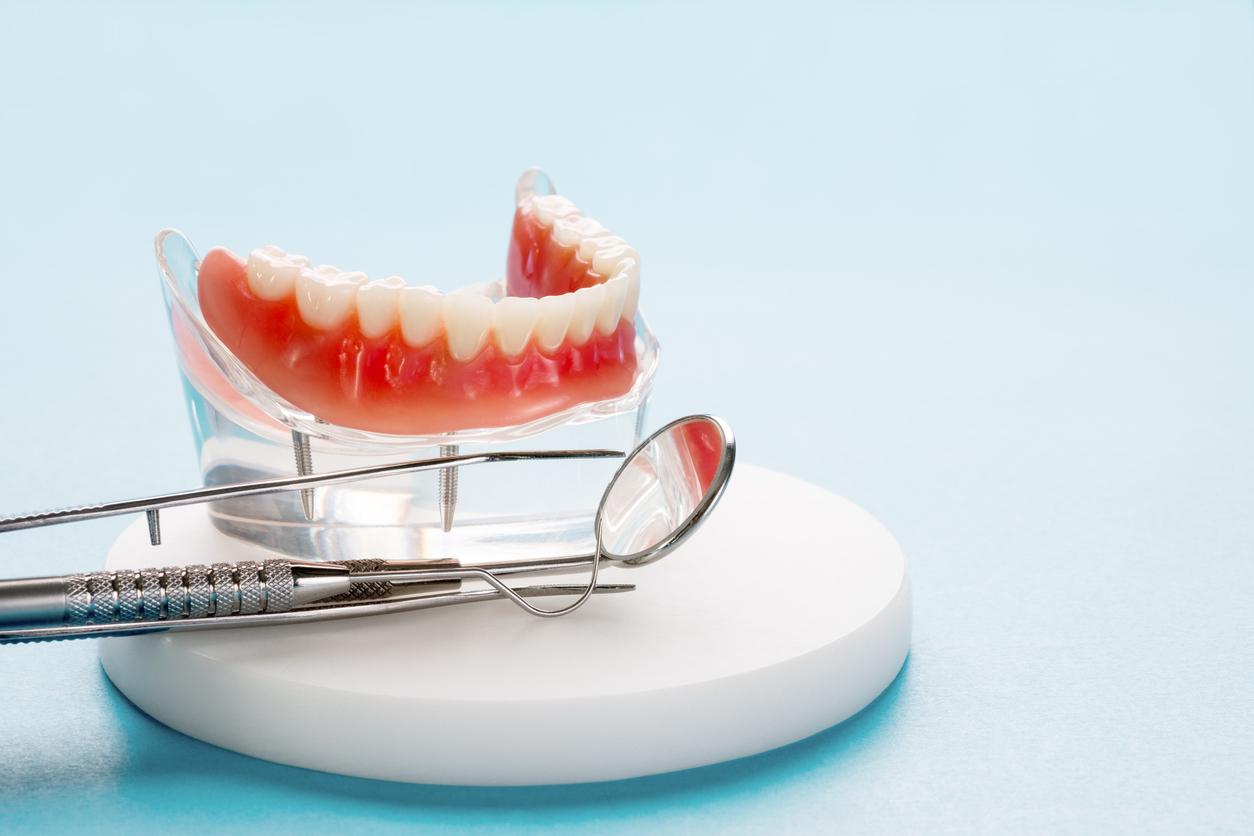A daily dose of vitamin D reduces the risk of respiratory infections by nearly 42% for those at risk.

This is the largest study to date and it confirms the benefits of vitamin D against respiratory infections. Researchers from Karolinska Institutet in Sweden, Harvard Medical School in the United States, and Queen Mary University in London reviewed 43 studies involving a total of 49,000 participants and claim that a daily dose of vitamin D reduces the risk of respiratory infections for those at risk by almost 42%. The results were published on March 30 in the journal The Lancet Diabetes & Endocrinology.
Taking it daily increases the benefits
The multiple benefits of vitamin D continue to be highlighted by scientists through numerous publications. Showing the benefits of vitamin D supplementation against cancer, scientists have estimated that if all Germans over 50 took it, it would prevent up to 30,000 cancer deaths in this country per year. Recent studies suggest that vitamin D could help reduce mortality in patients hospitalized with severe forms of Covid-19.
In this meta-analysis of 43 studies, scientists set out to find out what exact dose of vitamin D supplementation is most effective against respiratory infections such as pneumonia or the flu. This study did not cover the question of whether this vitamin can protect against Covid-19. The researchers found that “the total protective effect against respiratory infections was 8% but a daily dose of vitamin D has a much better effect than a dose given weekly or monthly. ” However, they warn, do not exceed the dose recommended by health professionals which is 400-1000 IU / day. “The group receiving such a dose showed a 42% reduction in the risk of infection”, They say.
Not everyone gets the same benefit
The researchers note that vitamin D supplementation is only suitable for certain groups of people. “One conclusion can be drawn: healthcare professionals should pay attention to groups with a known risk of vitamin D deficiency, such as people with dark skin, overweight and the elderly., they point out. A daily dose of vitamin D can protect the skeleton and possibly also reduce the risk of respiratory infections in these vulnerable groups.. ” According to them, the rest of the population will not benefit from such benefits conferred by vitamin D. “Vitamin D does not make healthy people healthier”, They say.
Vitamin D is not found in all foods. It is found in particular in fatty fish, eggs and even dairy products. But the easiest way to acquire it is by exposure to the sun since UVB rays will induce its synthesis, particularly in spring and summer.
.















